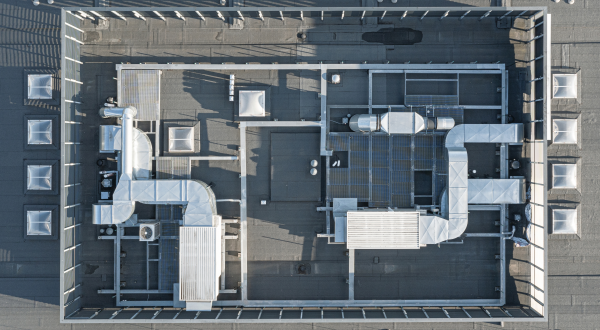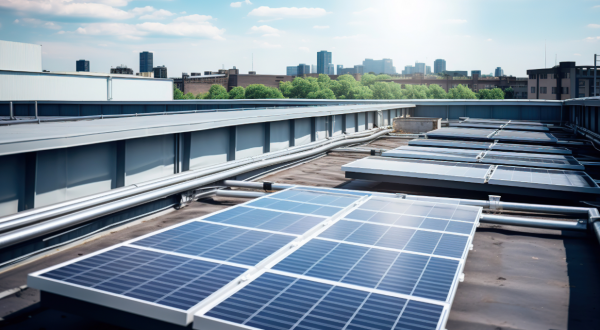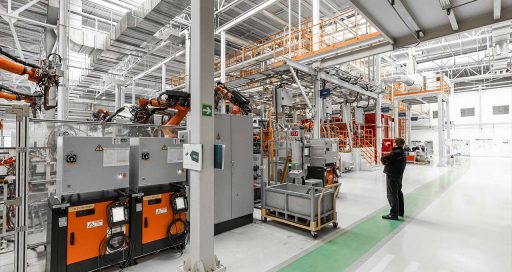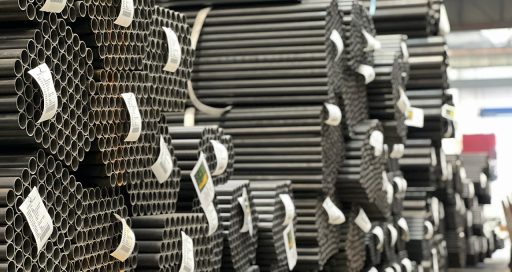Large retail outlets on the path towards “energy sobriety”
Reading time: 4 min
In France, most retail federations, covering major supermarket chains, specialised stores and independent shops, have committed themselves to reducing electricity consumption in retail outlets.
In food distribution, cooling equipment poses the biggest challenge as the largest energy consumer ahead of lighting.
On 18 July 2022, France’s retail sector agreed on an “energy sobriety” or efficiency plan, applicable to large food and specialised retail stores from 15 October 2022. It will subsequently be extended to the industry as a whole.
Measures in the plan include turning off illuminated signs as soon as stores close – rather than one hour after closing time as required by law since 2018; systematically reducing lighting (by 50% on the shop floor before the public arrives and by 30% during “critical consumption periods”); switching off air exchange at night; and delaying ice production times.
For Perifem, the federation that brings together all the stakeholders from the food sector and specialised stores, plus their suppliers, to work on environmental issues, it’s a question of accelerating the timetable for France’s “tertiary decree” which aims to reduce retailers’ energy consumption by 40% by 2030.
Indeed, retailers don’t really have a choice. Their electricity bill, which accounted for 30% of their net profit before the recent surge in energy costs, is expected to double in 2023. The retail sector is particularly energy intensive. A supermarket consumes electricity all the time, even when it is closed.
“Energy sobriety in retail stores is linked to several sources of consumption,” says Nicolas Hoffer, director within the building solutions business line at VINCI Energies. “Most outlets are focusing on lighting, and replacing fluorescent tubes – which are actually being phased out in France (specifically T8 and T5 tubes) – by LEDs or compact fluorescent lamps.”
Refrigeration is first in line
In food retail, the main project to be tackled remains refrigeration equipment, the biggest consumer of energy before lighting. In fact, refrigerants are ten thousand times more polluting in terms of global warming potential than carbon dioxide. What’s more, they are governed by the European F-Gas regulation, which is currently being reviewed.
“This is more of a refurbishment than a construction market.”
In order to reduce the consumption of their refrigeration systems, stores can do several things: install night blinds on assets, use refrigeration performance optimisation devices (electronic expansion valves that ensure evaporator superheat control), and adjust defrost and deep-freeze settings.
More broadly, “greening” rooftops and shade canopies, equipping car-parks with solar PV panels, implementing rainwater harvesting systems and installing electric vehicle charge points are further strategic priorities that retailers can pursue as part of their commitment to the energy transition.
Supporting retailers with all their needs
In order to provide a comprehensive response to retailers’ needs, the VINCI Energies building solutions business line set up a “retail space” club several years ago. The club brings together and links all Group business units that have developed areas of expertise and solutions specific to the sector, for example in solar PV, HVAC, commercial cooling, lighting, electric vehicle charging infrastructure and so on.
“We are in the process of putting together a package of services that will enable us to offer both small and large retailers a cross-cutting approach,” states Nicolas Hoffer, joint coordinator for the club.
VINCI Energies considers that rehabilitation and refurbishment projects are key here.
“France focused heavily on developing retail space in the 2010s. Zero land take requirements and a reassessment by society of the hypermarket model have considerably changed the equation since then. So this is more of a refurbishment than a construction market,” explains Lydie Marchand, also joint coordinator of the retail space club.
The aim now is to expand the skills needed to run stores that are not only energy efficient, by minimising their ecological impact and taking into account the life cycle of all materials, but that are also integrated into their area.
14/12/2022





